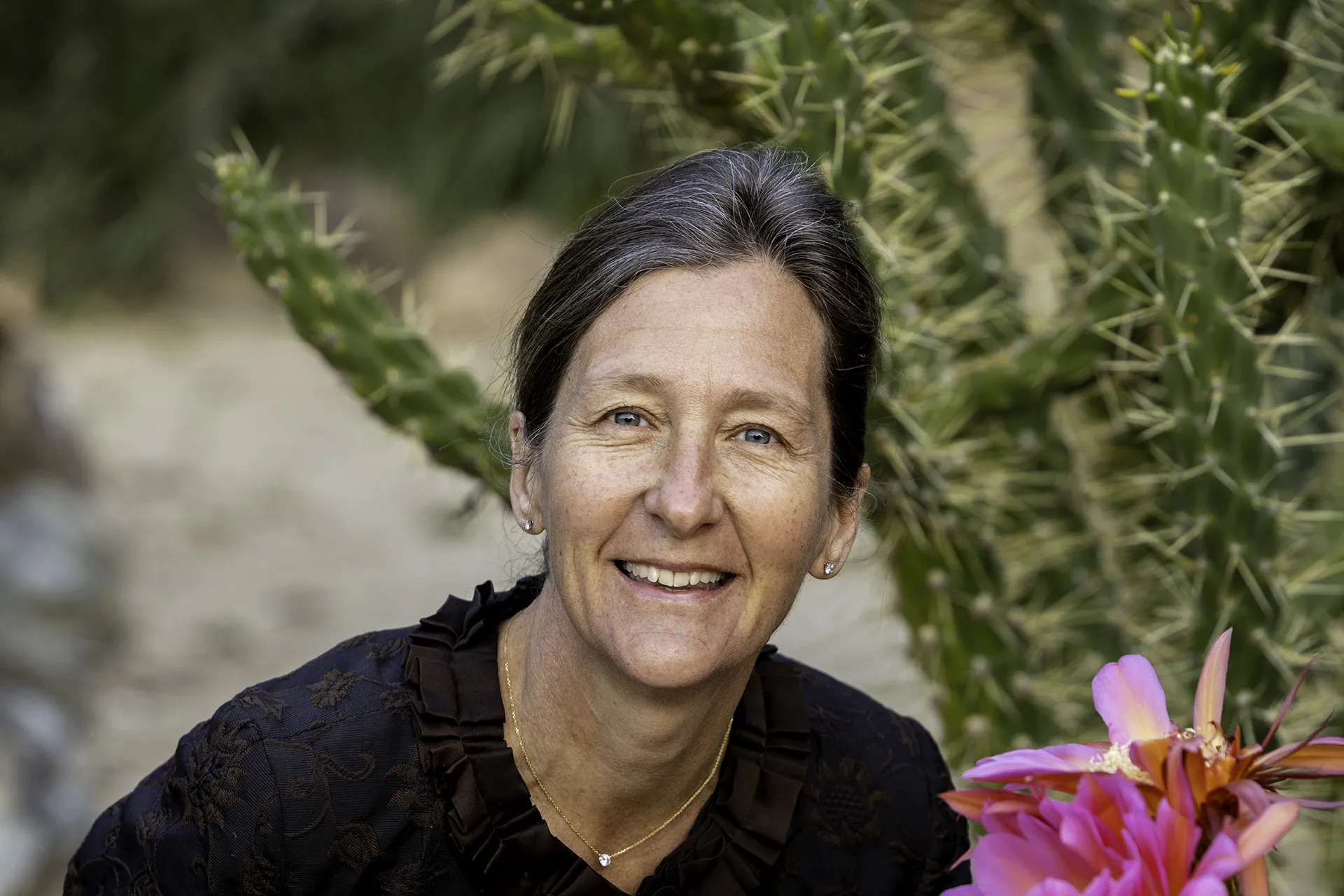This is a time of unprecedented access to high-reward, high-dopamine stimuli: drugs, food, news, gambling, shopping, gaming, texting, Facebooking, Instagramming, YouTubing, tweeting… the increased numbers, variety, and potency are staggering.
As such, we’ve all become vulnerable to compulsive overconsumption. Yet, it is possible to find contentment and connectedness by keeping dopamine in check.
In this talk, Professor Anna Lembke will provide a practical, science-informed approach to addressing compulsive overconsumption of everything from food to sex, to video games. Q&A will follow Dr. Lembke’ s presentation.
CE Credits: 1
Course Objectives
At the conclusion of this course, participants will be able to:
- Describe the neuroscience of pleasure and pain and what happens in the brain as we become addicted
- Identify “abstinence sampling” aka “a dopamine fast” as a practical, office-based, early intervention for patients/clients struggling with compulsive overconsumption of a wide range of addictive substances and behaviors
- Recognize the mismatch between our primitive wiring and our modern ecosystem, and how that mismatch has made us all more vulnerable to addiction, depression, and anxiety
Instructional Level
Licensed mental health professionals employed through Kaiser Permanente and psychological assistants performing under supervision of a licensed psychologist.
This CE program is free to Kaiser Permanente employees.
Instructional Methodology
Lecture
Audio/Visual
On-line Presentation
Continuing Education Information
Kaiser Permanente Northern California Mental Health Training Program is approved by the California Psychological Association to provide continuing professional education for psychologists. The Kaiser Permanente Northern California Mental Health Training Program maintains responsibility for this program and its content.
Refund and Attendance Policy
All programs offered on KP Learn for CE credit through the KP Northern California Mental Health Training website are free of charge to Kaiser Permanente Staff and trainees. Once a course is selected in the KP NCAL MH Training Website, the registration process begins, and it will appear in the individuals KP Learn profile for completion within 90 days.
IMPORTANT NOTICE: Those who attend the program in full and complete the appropriate evaluation form will receive CE credits. Please note that credit will only be granted to those who attend the entire program. An attestation of attendance will be given once the individual has completed viewing the program, which will then initiate the final steps of completing the evaluation forms to receive a certificate of completion.

